Schedule a Call Back
Rise in digitalisation driving electronics hardware demand
 Interviews
Interviews- Oct 30,21

Germany-based Festo supplies pneumatic and electrical automation technology to all types of manufacturing industries across the globe. In this interview, Rashmikant Joshi, Managing Director, Festo India, elaborates more on the company's offerings and emerging trends in the market.
What kind of products and solutions is Festo providing to the manufacturing sector?
Festo is a global player and an independent family-owned company with headquarters in Esslingen, Germany. The company supplies pneumatic and electrical automation technology to 300,000 customers of factory and process automation in over 40 industries. Applications of our products are in all types of manufacturing industries such as automobile, food, packaging, printing, textile, machine tools, consumer electronics – to name a few. On the other hand, we also play a major role in automating processes in industries such as biotech & pharma, chemical, water treatment plants, metals and minerals etc. Our products and services are available in 176 countries.
Being the leader in industrial automation, Festo Didactic offers training solutions in the field of automation technology for industries, educational institutes and individuals. Festo Didactic invests continually in developing new training hard- and software, training curriculum and other training aids to help industries and institutes.
Festo is represented in the Indian subcontinent since 1963, and since 1986 with its own national company; it is benefiting from the upswing in the Indian mechanical engineering industry and the growing demand for automation technology. Our state-of-the-art manufacturing facility supported by a large team of R&D team in Bangalore caters to the requirement of domestic and global market.
How are Festo’s technologies and solutions helping customers to increase their productivity and efficiency?
As the world’s leading provider, we offer the right solution for every challenge. With around 30,000 catalogue products, customised components and ready-to-install solution with a service package to match, we exploit the synergies between both areas for our customers benefit while our fully integrated range offers you solutions from a single source. Our customers profit from the know-how of our experts, right from the initial consultation to far beyond the application of our products and solutions. We offer software solutions to our customers from design to procurement and commissioning, which help them independently and efficiently complete projects seamlessly. That is what we mean by a fully integrated range that covers the entire value chain.
What are key challenges before manufacturers today with the economy (global & Indian) recovering from Covid 19 pandemic?
With all the changes that are on the horizon and the changes we have already witnessed in the span of last one year, it is important that the manufacturing industry is above all, adaptable. The best way to embrace these changes is through technology and the implementation of digital supply chains, automation and moving the business online to keep up with consumer needs. In addition, manufacturers should be exchanging clear and timely information with their employees, as well as ensuring their staffs are learning new skills to help bridge the skills gaps and be better prepared to face the challenges ahead.
What kind of new opportunities are you looking to tap?
The demand for automation in new segments such as battery assembly and handling, e-vehicles is increasing in the country. In addition, medical and laboratory automation applications will have a good potential for growth. In the traditional food industry applications, hygiene and food safety is attracting focus.
Has Covid pandemic propelled the need for automation?
Automation had already been prevalent in the manufacturing industry, but during COVID, artificial intelligence took on a new importance. For example: if you’ve got robots on the production line, you don’t need to worry about social distancing, temperature checks, absences because of illness, work slowdowns and a whole host of other COVID-borne challenges. This trend won’t go away when the pandemic finally fades.
On the other hand, rising use of digitalisation has increased demand for electronics hardware. Production of vaccines, ventilators, medical oxygen, masks, gloves, sanitisers, and other protective aids has increased automation requirement.
Can SMEs adopt digital solutions to become smart?
Implementation of automation or digitalisation should be for serving specific purpose, based on cost-benefit analysis. The size of automation or digitalisation can be different in different industries. One can introduce automation in specific processes to become more efficient, reduce human errors, reduce fatigue on human body, ensure safety and hygiene as required, ensure quality consistency, etc. The level of automation can then be increase as the business grows.
How cost-effective are automation solutions at present?
If the purpose of automation is clearly defined, there are enough automation solutions available out there in the market. One has to however, ensure that it is not only initial investment that is important. Often the user makes mistakes of going in for low priced solutions and end up incurring cost on maintaining and early replacement of solutions. A sound support of technically competent team from automation solution provider plays a major role here.
Why is upskilling important for companies with the rise in usage of automation?
Festo is active in Indian subcontinent since several decades, setting up training facilities at ITIs, government tool rooms, engineering colleges and training centers of industries. We have also set up our own training centers where we provide trainings to industry employees. Unlike software training, training in industrial automation is very capital intensive. This is the reason, why we do not find suitable training facilities in most of the education institutes. Those who do have training facility, may not regularly upgrade the facility. Due to this reason, the industries do not get trained and industry ready workforce from institutes.
On the other hand, the existing employees in the industries need to be retrained and upskilled with changing automation landscape to cope with new technologies such as digitalisation, I4.0, AI etc. Festo Didactic offers industry-specific learning concepts: From access to the Festo Learning Experience Platform for self-study to learning factories for "hands-on" training with perfect knowledge transfer to the shop floor.
What are your future plans with respect to new products?
In its role as a technology and innovation leader in industrial automation and technical training, Festo aims to establish artificial intelligence (AI) as a key technology and core competence and to use it consistently for its customers' automation solutions. To this end, Festo offers intelligent solutions and services, with a focus on predictive maintenance, predictive quality, and predictive energy.
Related Stories
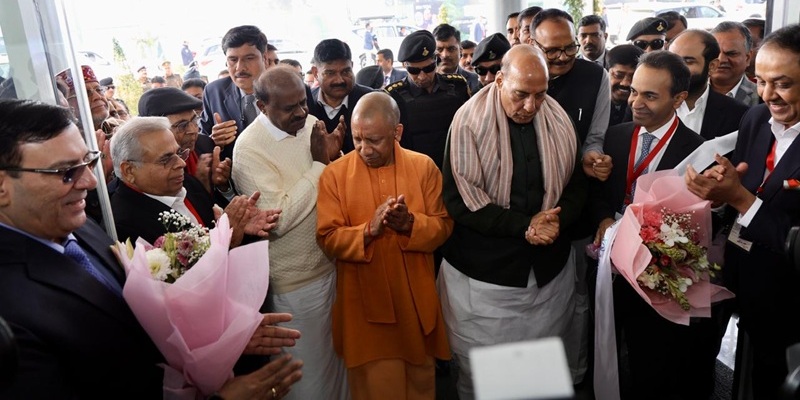
Ashok Leyland opens green mobility-focused greenfield plant in Uttar Pradesh
Designed primarily for electric vehicle manufacturing, the plant has an annual production capacity of up to 5,000 vehicles.
Read more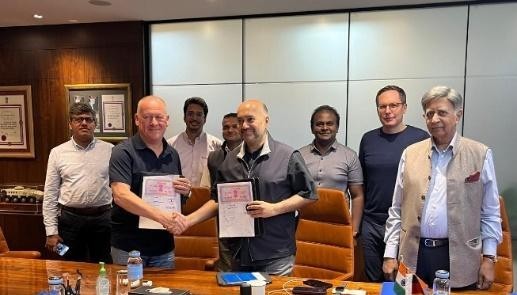
Bharat Forge and Agile Robots sign MoU to Advance AI-Led Industrial Automation
The MoU brings together Bharat Forge’s manufacturing expertise and Germany-based Agile Robots’ AI-led robotics capabilities to accelerate intelligent automation across key civilian industrial se..
Read more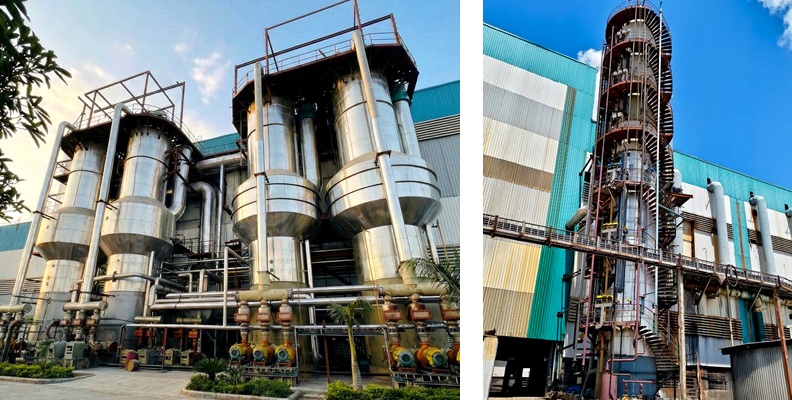
Spray Engineering Devices drives Parag Agro’s 7000 TCD expansion
SED’s phased modernisation programme has enabled Parag Agro to scale sugar production to 7,000 TCD while achieving significant gains in energy efficiency and sustainability.
Read moreRelated Products
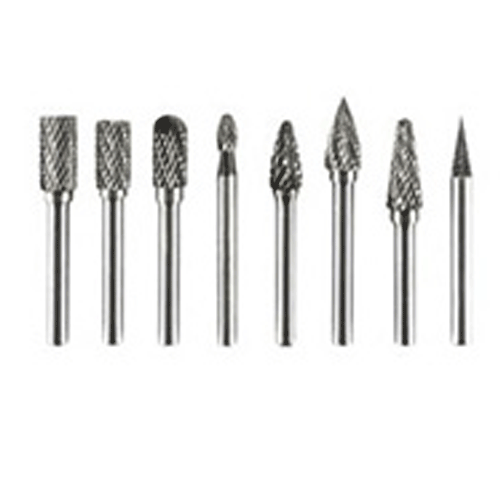
Carbide Burrs
SRT Industrial Tools & Equipments offers a wide range of carbide burrs.
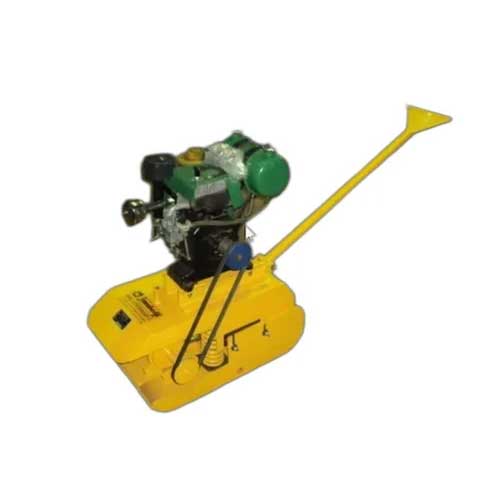
Jamshedji Soil Compactor
Jamshedji Constro Equip Pvt Ltd offers a wide range of jamshedji soil compactor.
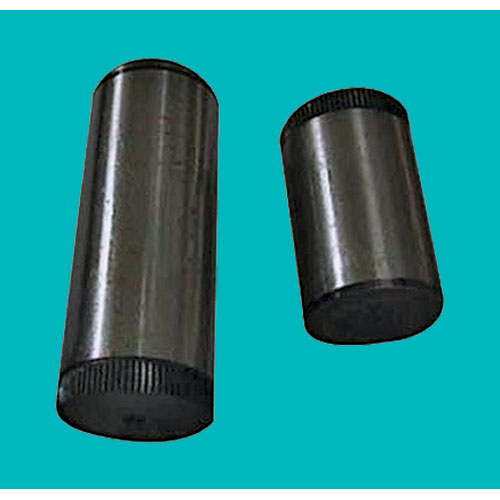
Ground Pins
Hans Machineries Private Limited offers a wide range of pins, hardened & ground. Read more












